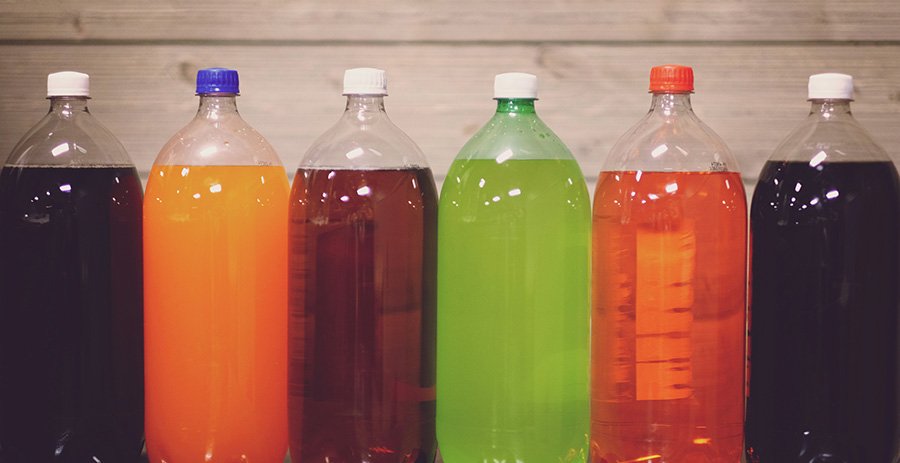Fashion
Lawmaker Proposes Bold Move to Exclude Soda from Food Stamp Benefits

In a move to restrict the purchasing options for food stamp recipients in Arizona, Rep. Leo Biasiucci, a Republican from Lake Havasu, is advocating for a bill that would eliminate sodas—whether sugary or sugar-free—from the list of items that can be bought with Supplemental Nutrition Assistance Program (SNAP) benefits.
Initially, Biasiucci aimed to limit candy purchases as well, but faced opposition from fellow lawmakers concerned about defining “candy” and its nutritional distinction from products like granola bars. As it stands, his revised proposal focuses solely on sodas, despite the fact that it does not restrict high-sugar cereals, which can contain up to 12 grams of sugar per serving.
The House Committee on Health and Human Services approved HB 2165 this week, despite objections from lobbyists representing the Arizona Beverage Association. Mike Gardner, a key lobbyist, argued that the beverage industry has made strides in offering sugar-free options, illustrating his point with a quip about the challenge of finding zero-calorie mayonnaise.
The bill has drawn criticism from all Democratic committee members, raising questions about its effectiveness. Even if it passes legislative hurdles and gains the governor’s approval, it only orders the state Department of Economic Security to seek a waiver from the U.S. Department of Agriculture (USDA) to enact the soda ban. Currently, no such waiver has been granted.
Brooke Rollins, the new head of the USDA, recently expressed intentions to reevaluate the items eligible for SNAP. In her statements, she emphasized the need to ensure that taxpayer dollars are not funding unhealthy food options for vulnerable populations.
Biasiucci reiterated the need for reform within the SNAP program, stating that it has deviated from its original purpose of providing essential nutrition during tough times. His initial plan included further restrictions on food options, but was changed due to concerns expressed by peers like Rep. Ralph Heap, who described the language regarding candy as vague and confusing.
Critics argue that singling out sodas ignores broader nutritional concerns. Gardner expressed skepticism about the ultimate goal of the bill, questioning its potential impact on public health while advocating for a more comprehensive discussion about nutrition and food choices.
Statistics reveal that nearly 463,000 families and approximately 925,000 individuals are currently benefiting from SNAP in Arizona, with an average monthly benefit of $180 per individual. Advocates, such as M.J. Simpson from the William E. Morris Institute for Justice, highlight that a significant portion of recipients are working families and children.
Biasiucci maintains that sodas offer no nutritional value, citing health concerns associated with sugary beverages. However, the question remains about the rationale behind also barring sugar-free options. He argues that the intent should be a focus on items that genuinely provide nutritional value.
Some lawmakers, including Rep. Alma Hernandez, acknowledge Biasiucci’s intention to improve public health but caution against overreach in limiting personal choices. Hernandez and Rep. Sarah Liguori emphasize that government intervention should not dictate what individuals can purchase with their benefits, advocating for solutions that increase access to healthy foods rather than imposing restrictions.
The ongoing debate reflects deeper issues related to nutritional policy, access to healthy food, and economic disparities that affect marginalized communities in Arizona. As the discussion unfolds, it may lead to critical changes in how SNAP is structured and what it means for those who rely on it.


















